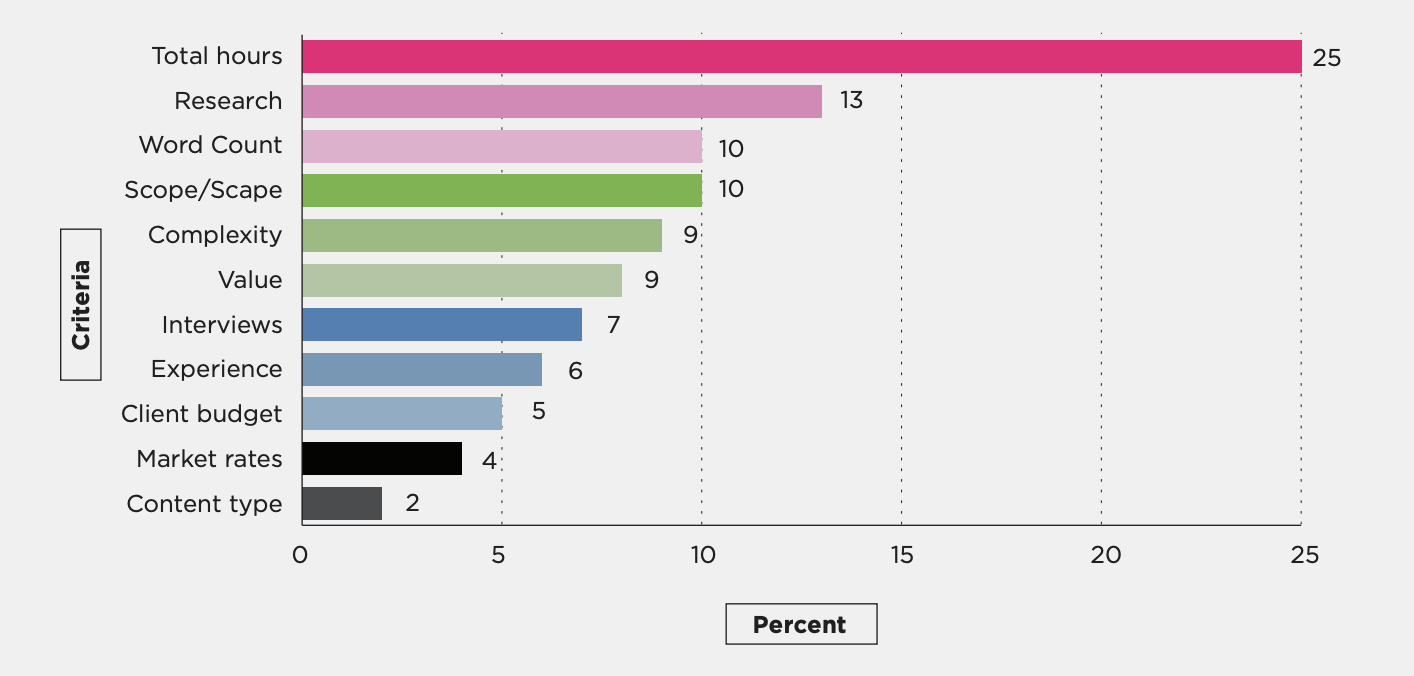3 Tips for New Freelance Writers
It’s exciting to ditch the 9-5 and start your freelance writing career. It's also important to remember the benefits of freelance writing (financial security, writing from the pool, and total flexibility) don't come easily or all at once.
And that’s okay! It takes a bit of time and strategy to build your freelance writing business, but it’s possible. Trust me; I’ve done it.
To help you start building your business, here are my top three tips for new freelance writers.
1. Reach out to your current network when you’re just starting with freelance writing
If you are just starting, and barely have a portfolio (or don't have one at all), that is perfectly acceptable. You have to start somewhere, and that somewhere is usually at square one.
A great first step is to reach out to your current network and ask if they need help with writing projects.
My dad is a graphic designer, and I started by asking his ad agency friends if they needed help with copywriting. This is a true story, you guys. It was the perfect way to get my foot in the door. Thanks, bad, rad, totally awesome Dad!
You’ll be surprised how many people in your network are chomping at the bit to get help from you.
In a recent survey, I asked professional freelance writers to provide advice to new freelancers. Here’s what some of them said about growing a network:
✍️”Network regularly. Investing in personal relationships leads to consistent work. Share your work and do content marketing for your own business. It’s an easy way for you to stay on top of best practices while showing off your knowledge.”
📘”Networking is far more effective than contacting people cold. Even though it might be uncomfortable, ask people for favors. “It’s all who you know” is a cliche for a reason.”
💻”Use your network and join freelancing sites that educate the client-side in the value of your type of work. Only take low-paying work for the first couple months and explain upfront to those clients that these are starter rates which will go up in the future.”
👯♀️”Leverage your personal and professional network. You never know when you’ll know someone (who knows someone) who needs your expertise.”
📨”If you think you're sending enough cold pitches/LOIs/etc., you're definitely not! Send as many as you possibly can, and then send some more. It's one of the best ways to find new clients, especially if you don't have a network who can refer you out yet.”
Additionally, working for people you know will provide a safe space where you can create assets for your portfolio, and remain open to feedback from people you care about.
As you start, you may not want to charge expert prices, but don’t work for free either. When you feel your portfolio is strong, branch out, and pitch more prominent clients within your niche.f
2. Build your freelance writing website
You 100% need a website. Why? First and foremost, a website is how clients will find you.
Think of it like this. If you need help from a plumber, how are you going to find one? You’re going to go to Google, type in “plumber in...wherever you live,” and check out their website.
When people need freelance writers, they follow the same pattern. If your website doesn’t exist, neither do any possibilities for you to capture clients via an internet search.
It’s also difficult to establish credibility as an online content writer if you don't have your website. People want to be able to stalk you online, read your about page, check out your services, and follow you on social media before hiring you.
Let them.
Here is a quick tutorial on how to set up a WordPress website all on your own. Remember, your website should include a home page, an about page, samples of your work, links to your social profiles, a way to contact you, and a blog.
3. Leverage social media to build your network and land clients
Most of my clients have come through referrals. However, when I first started, I didn’t know anyone that could vouch for my work.
At this point in my career, clients found me in one of three ways. Some found me by reading my byline on another blog post and contacting me via my website. Others saw articles I posted on LinkedIn and contacted me. Most came from relationships I established on LinkedIn and Twitter.
It’s worth it to engage on social media and build your network online. It’s also worth it to post your work (#samelessselfpromotion) to your social profiles.
Social media is a powerful tool and a great way to get exposure and increase your client base.
For more information on freelance writing, check out the rest of my blog, or sign up for my newsletter below.













The Ultimate Freelance Writing Assets Bundle
Stop Hustling. Start Thriving as a Freelance Writer.
Does This Sound Like You?
You’re spending more time drafting emails and chasing clients than actually doing the work you love—writing.
You’re unsure how to negotiate contracts or if your agreements protect you.
You’re struggling to get clarity from clients, leading to endless revisions and frustrating miscommunications.
You’ve tried following the advice to “just be confident” or “send more pitches,” but it’s not leading to more clients or higher income.
You’re tired of feeling like an amateur even though you know you’re capable of delivering professional, high-quality work.
But the truth is, confidence and success as a freelance writer come from having the right tools and processes. You need a system that lets you work smarter, not harder.
You Deserve to Have It All—Without the Chaos.
Introducing: The Ultimate Freelance Writing Assets Bundle
Get Everything You Need to Run a Smooth, Professional, and Profitable Writing Business.
Imagine what it would be like to:
Feel confident pitching clients because you know your emails, proposals, and contracts are polished and clear.
Deliver outstanding work without the headaches of unclear briefs and revision chaos.
Focus on your passion for writing because the business side is finally under control.
Earn what you’re worth with the confidence to set and communicate your rates.
With this bundle, you’ll transform from feeling overwhelmed and undervalued to organized, professional, and thriving.
What’s Inside the Bundle:
First Contact Email Template to set the stage for trust and professionalism from the first email.
Onboarding Email Template to help you start new projects confidently and impress clients.
Cold Pitch & Follow-Up Templates to help you land dream clients consistently.
Kick-Off Call Checklist to make sure you never miss an essential detail.
Content Writing Brief to align with your clients’ needs and create content that hits the mark.
Proposal Template to present your services and win client trust.
Customizable Contract Template to protect your work and avoid misunderstandings.
Demand Letter Template to handle overdue invoices professionally and stress-free.
Rates Report to stay competitive and confident in your pricing.
Monthly Client Report Template to showcase your work’s impact and reinforce your value.
Invoice Template & Instructions for professional, clear invoicing.
Client Offboarding Template to end projects on a high note and leave the door open for more work.
Client Satisfaction Survey Template to gather insights and build lasting relationships.
This Isn’t Just a Toolkit—It’s a Business Transformation!
Imagine going from feeling like you’re barely keeping up, to running your freelance writing business with clarity and confidence. Imagine no longer guessing how to communicate, negotiate, or manage clients, and instead feeling like a true professional.
The Before & After:
Before:
Chaotic processes that eat up your time and leave you feeling unprofessional.
Frustration from unclear client expectations, revisions, and scope creep.
Doubts about your pricing and the value you bring.
After:
Clear, confident communication from the first email to the final deliverable.
Streamlined workflows and a polished client experience.
Higher earnings and lasting client relationships thanks to better processes.
Ready to Thrive as a Freelance Writer?
Don’t let disorganization and doubt hold you back. Get the tools you need to step into the professional writer you’re meant to be.
For a limited time, grab the entire Freelance Writing Assets Bundle for just $199.
Yes, I’m Ready to Transform My Business!